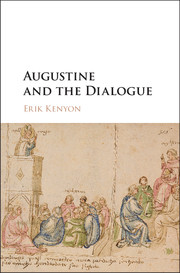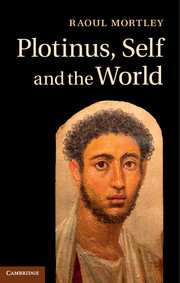Augustine and the Dialogue
Contrary to the scholarly consensus, Augustine and the Dialogue argues that Augustine's dialogues, with their inconclusive debates and dramatic shifts in focus, betray a sophisticated pedagogical method which combines strategies for 'un-learning' and self-reflection with a willingness to proceed via provisional answers. By shifting the focus from doctrinal content to questions of method, Kenyon seeks to reframe scholarly discussions of Augustine's earliest surviving body of works. This approach shows the young Augustine not refuting so much as appropriating Academic skeptical practices. It also shows that the dialogues' few scriptural references, e.g. Wisdom 11:20's 'measure, number, weight', come at key structural points. This helps articulate the dialogues' larger project of cultivating virtue and their approach to philosophy as a form of purification. Augustine is shown to be at home with pluralistic approaches, and Kenyon holds up his methodology as an attractive model for thinking through problems of the liberal academy today.
- Addresses fundamental questions about the purpose and method of Augustine's dialogues
- Examines questions of continuity across Augustine's dialogues from a new perspective focused on methodology
- Explores Augustine's self-presentation as writing dialogues in the 'Academic' tradition of Plato, Cicero and Plotinus
Product details
March 2018Hardback
9781108422901
260 pages
235 × 158 × 20 mm
0.51kg
3 tables
Available
Table of Contents
- Introduction: back to the drawing board
- 1. The pursuit of wisdom: Contra Academicos
- 2. From Plato to Augustine
- 3. The measure of happiness: De beata vita
- 4. God's classroom: De ordine and De Musica
- 5. An advanced course: Soliloquia + De immortalitate animae
- 6. Philosophy and kathartic virtue: De quantitate animae
- 7. Piety, pride and the problem of evil: De libero arbitrio
- Conclusion: Augustine and the academy today.






